The 15 Most Complex Characters in Anime
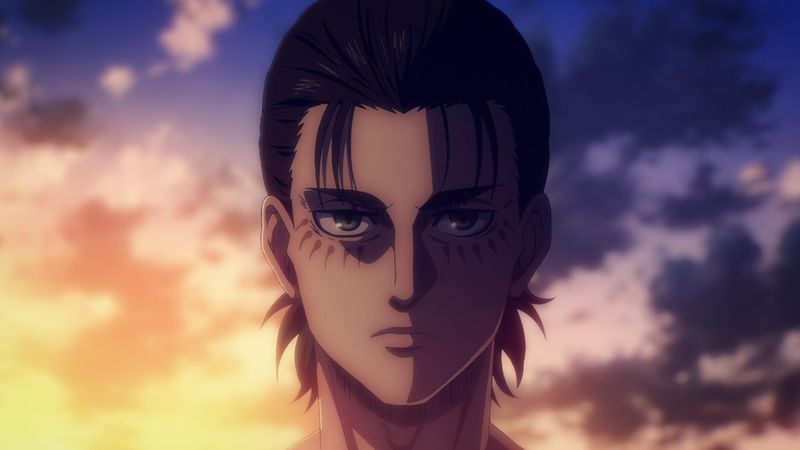
Anime has given us some of the most unforgettable characters in storytelling history. These aren’t your typical heroes or villains with simple motivations—they’re layered, flawed, and deeply human despite being fictional. From tortured souls wrestling with impossible choices to masterminds whose morality blurs beyond recognition, complex anime characters challenge us to think differently about right and wrong. Let’s explore fifteen characters whose depth and development have left lasting impressions on viewers worldwide.
1. Shinji Ikari — Neon Genesis Evangelion
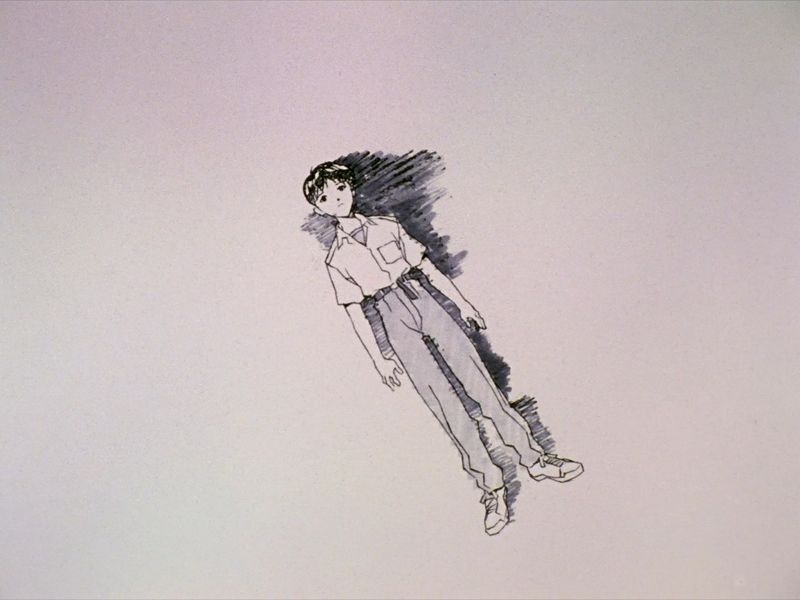
Shinji stands as one of anime’s most realistic portrayals of teenage anxiety and depression. Forced into piloting giant robots to save humanity, he constantly battles feelings of worthlessness and abandonment. His father’s coldness shapes every fearful decision he makes.
What makes Shinji fascinating is his relatability—he doesn’t want to be a hero. He runs from responsibility, seeks validation desperately, and struggles with basic human connection. Watching him spiral through psychological trauma feels uncomfortably real.
His journey explores how childhood wounds shape adult behavior. Instead of growing stronger through adversity like typical protagonists, Shinji often crumbles, showing vulnerability that many anime avoid depicting.
2. Light Yagami — Death Note
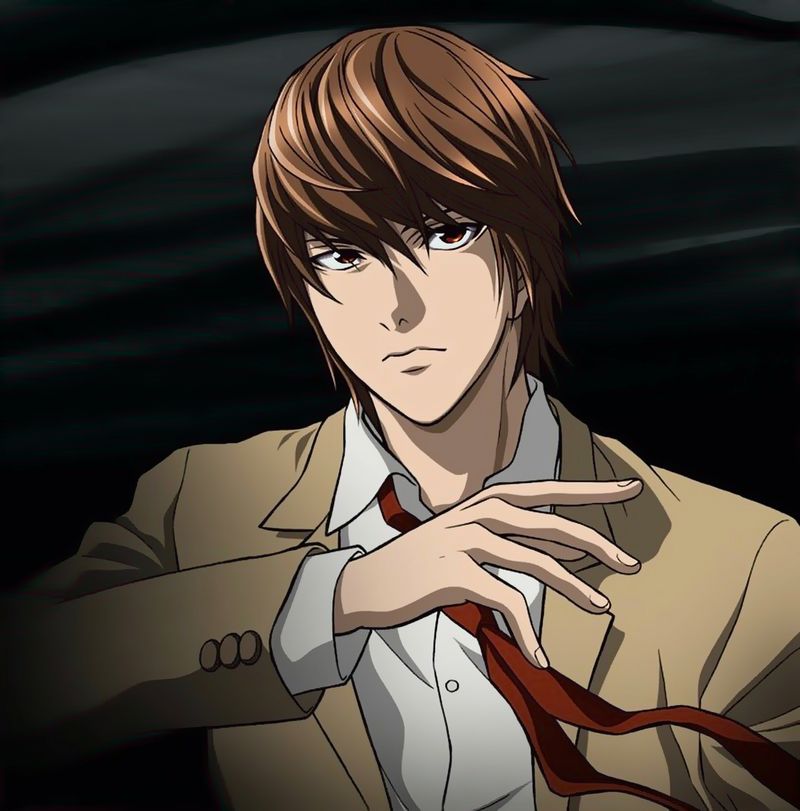
A brilliant student discovers a notebook that kills anyone whose name is written in it. Light begins with seemingly noble intentions—eliminating criminals to create a perfect world. His descent into megalomania happens so gradually that viewers barely notice when the hero becomes the monster.
His intelligence makes him terrifying. Light manipulates everyone around him, including family and friends, without hesitation. He genuinely believes his murderous crusade makes him a god worthy of worship.
The complexity lies in how his righteous anger transforms into pure narcissism. Watching someone so talented waste their potential on a twisted vision raises uncomfortable questions about justice and power.
3. Lelouch vi Britannia — Code Geass
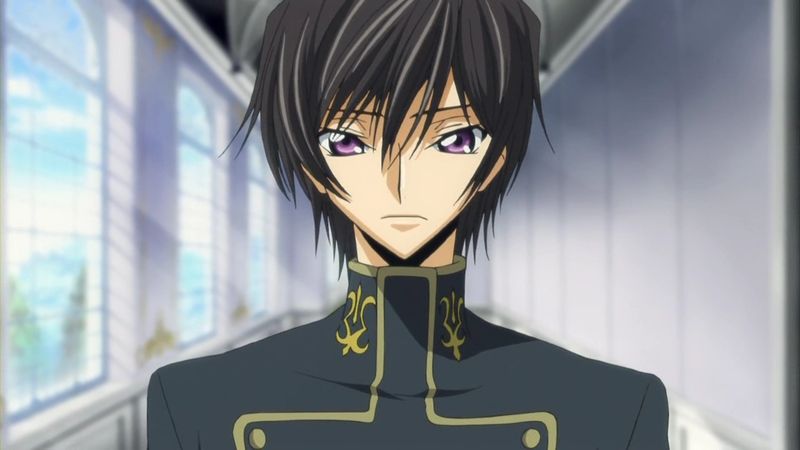
Given the power to bend anyone to his will through eye contact, exiled prince Lelouch becomes a mastermind of rebellion. His war against the empire is as brilliant as it is ruthless, blurring the line between hero and villain.
Lelouch sacrifices countless lives for his goals, including innocent people. Yet he genuinely loves his sister and wants to create a peaceful world for her. This contradiction between tender brother and ruthless tactician creates constant tension.
His character asks whether noble ends justify terrible means. Every victory costs him pieces of his humanity, making viewers question if his crusade was worth the price paid.
4. Eren Yeager — Attack on Titan
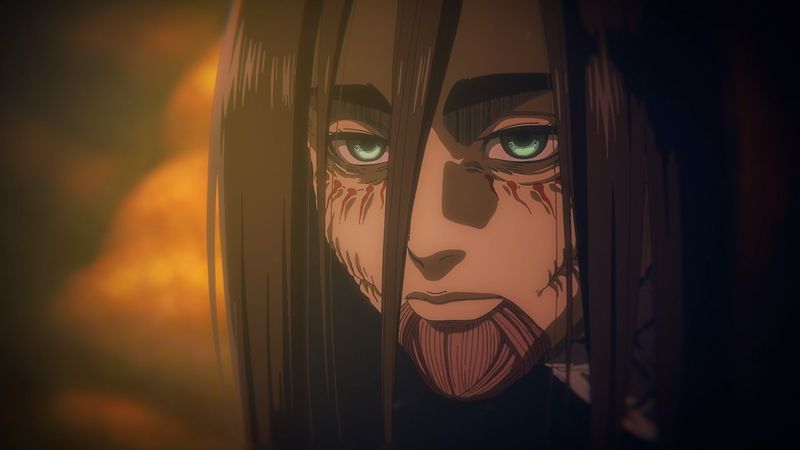
Eren transforms from a passionate boy seeking freedom into something far darker. After witnessing his mother’s death, he vows to eliminate all Titans. But as truth unfolds, his black-and-white worldview shatters completely.
Learning that enemies are just people defending their homes breaks him. Rather than seeking peace, Eren chooses genocide, believing it’s the only path to protect his friends. His willingness to become humanity’s greatest threat shocks everyone.
What makes Eren compelling is how understandable his journey feels despite its horror. Trauma, manipulation, and impossible choices reshape a hero into a villain, proving that good intentions can lead to monstrous actions.
5. Askeladd — Vinland Saga
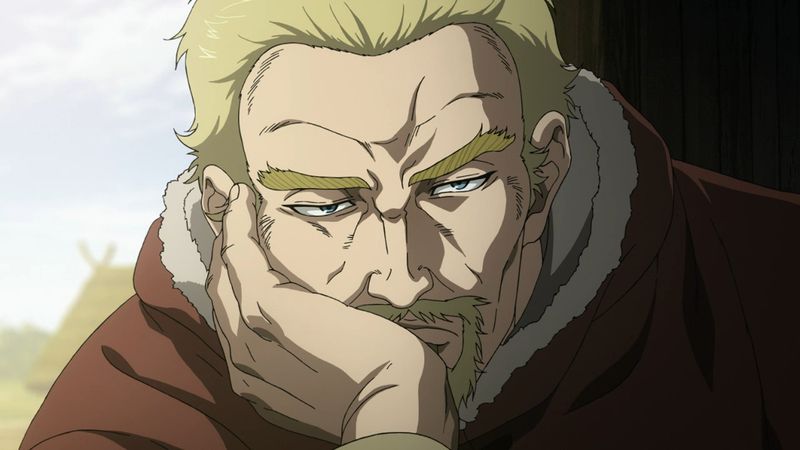
Brilliant and brutal, Askeladd leads his Viking band with ruthless control. He kills and betrays without hesitation, yet his actions are rooted in a tangled past—one shaped by heritage, pride, and long-standing resentment.
Born to a Welsh mother enslaved by Vikings, Askeladd despises his Norse blood. His entire life becomes a quiet rebellion against the culture that destroyed his mother’s people. Every cruel act serves hidden purposes viewers only understand later.
His relationship with Thorfinn adds another layer—part mentor, part enemy, completely complicated. Askeladd represents how history’s villains often see themselves as heroes fighting impossible battles against overwhelming forces.
6. Meruem — Hunter x Hunter
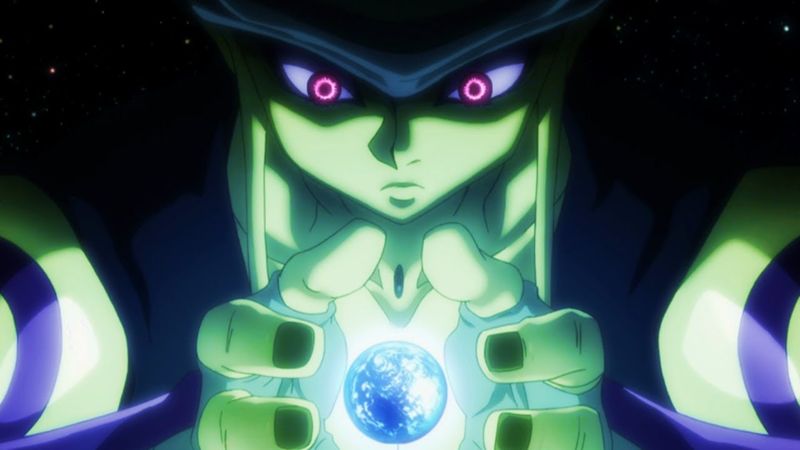
Born as the Chimera Ant King, Meruem views humans as livestock meant for consumption. His power is absolute, his arrogance limitless. He kills his own kind without thought, believing himself evolution’s pinnacle and everyone else irrelevant.
Then he meets Komugi, a blind girl who plays board games. Through countless matches, this simple human teaches the king about respect, humility, and what it means to care for another being. His transformation feels earned, not forced.
Meruem’s evolution from monster to something approaching humanity is heartbreaking. A creature designed for destruction discovers love just before death, proving that connection can change anyone regardless of their origin or purpose.
7. Johan Liebert — Monster
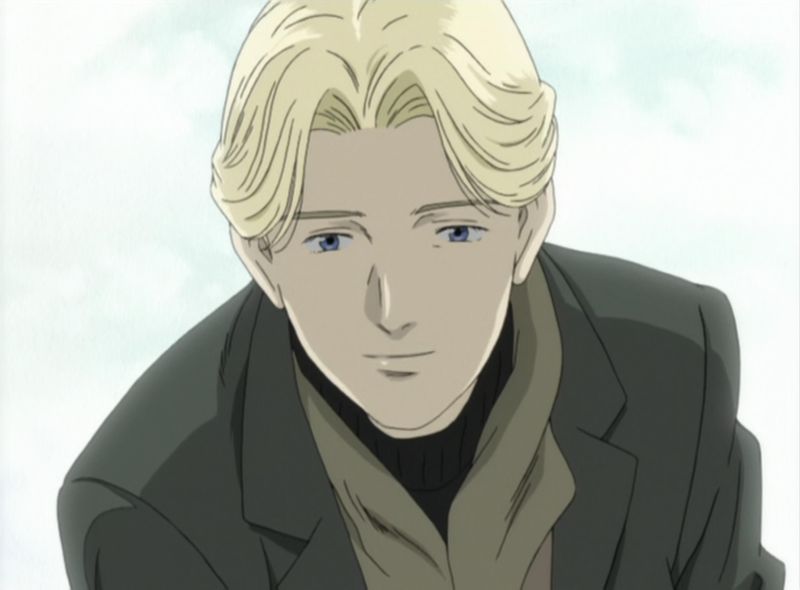
Johan might be anime’s most terrifying villain because he seems so ordinary. Handsome, charming, and intelligent, he manipulates people into destroying themselves and others. His motivations remain mysteriously unclear, making him unpredictable and deeply unsettling.
Unlike flashy antagonists, Johan works through psychological manipulation. He doesn’t need powers or weapons—just words that exploit people’s deepest insecurities and darkest desires. Entire communities collapse in his wake without him lifting a finger.
What haunts viewers is Johan’s emptiness. He questions his own existence, wondering if he’s even real. This philosophical void combined with murderous actions creates a character who embodies nihilism’s darkest possibilities and humanity’s capacity for evil.
8. Guts — Berserk
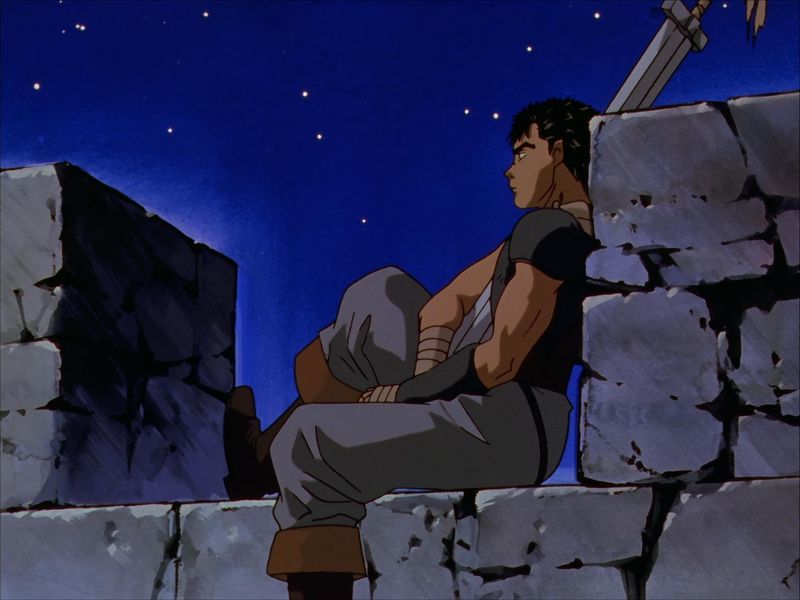
Few characters suffer like Guts. After being betrayed by his closest ally and witnessing horrors beyond comprehension, he’s left physically scarred and spiritually wounded. Hunted by demons, he fights not just to survive—but to keep his fury from consuming him.
Despite endless suffering, Guts refuses to surrender or lose his humanity completely. He protects companions even when solitude seems safer. His struggle isn’t just against demons but against becoming one himself through hatred and violence.
What makes Guts compelling is his refusal to accept fate. Destiny marks him for destruction, yet he fights back with raw determination. His journey shows that heroism isn’t about being unbreakable—it’s about continuing despite being shattered.
9. Koro-sensei — Assassination Classroom
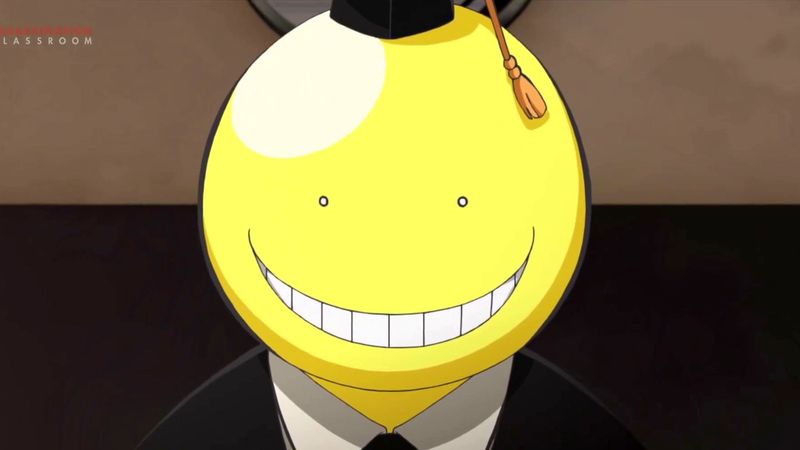
A tentacled creature threatens to destroy Earth unless allowed to teach a class of students. Koro-sensei seems like a bizarre comedy character at first—colorful, silly, and obsessed with pudding. But layers of tragedy hide beneath the cheerful exterior.
He was once human, transformed through horrific experimentation. Teaching becomes his final act of redemption before inevitable death. Each lesson prepares students not just academically but for life’s challenges, showing genuine love for their growth.
Koro-sensei’s complexity lies in balancing comedy with heartbreak. He’s simultaneously Earth’s greatest threat and these students’ best teacher. Watching someone countdown their own death while spreading joy creates emotional depth rarely found in similar stories.
10. Reigen Arataka — Mob Psycho 100
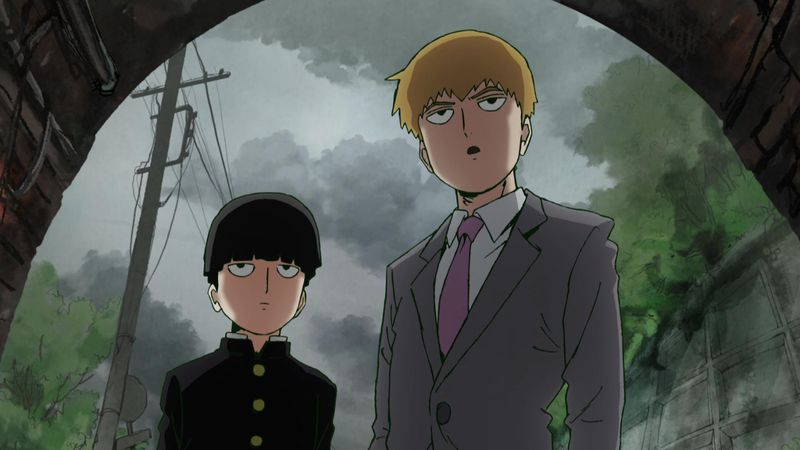
With no psychic ability of his own, Reigen makes a living as a self-proclaimed exorcist. He talks circles around his clients, bluffing his way through every job. Beneath the confident exterior lies a career founded on deception.
Yet he’s also the best mentor young Mob could ask for. Reigen teaches that psychic powers don’t make someone special or superior. His surprisingly wise life advice helps Mob develop into a good person rather than just a powerful esper.
The contradiction between fraudster and father figure creates wonderful complexity. Reigen proves that flawed people can still positively impact others’ lives. Sometimes the right guidance matters more than having all the answers or qualifications.
11. Homura Akemi — Puella Magi Madoka Magica
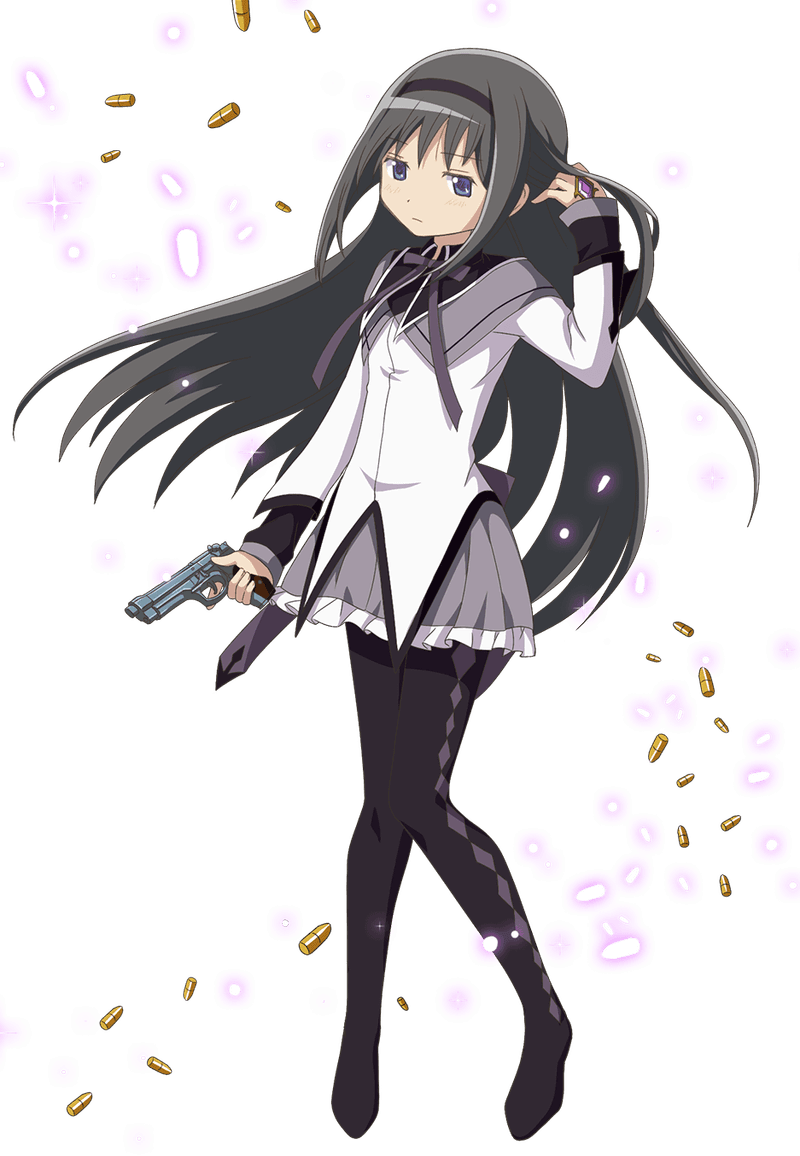
At first glance, Homura seems distant and emotionless. But behind her cold exterior lies a tragic truth—she’s trapped in an endless time loop, reliving the same month over and over in a desperate attempt to save her best friend. Each repetition chips away at her hope, leaving only determination in its place.
Watching someone you love die repeatedly while being powerless to stop it destroys her. Homura transforms from shy, glasses-wearing girl into hardened warrior willing to sacrifice everything, including her soul. Love becomes obsession becomes desperation.
Her complexity stems from how understandable her descent feels. Any of us might make similar choices to save someone precious. Homura shows how devotion can twist into something darker when faced with impossible, repeating tragedy and loss.
12. Kira Yoshikage — JoJo’s Bizarre Adventure: Diamond is Unbreakable
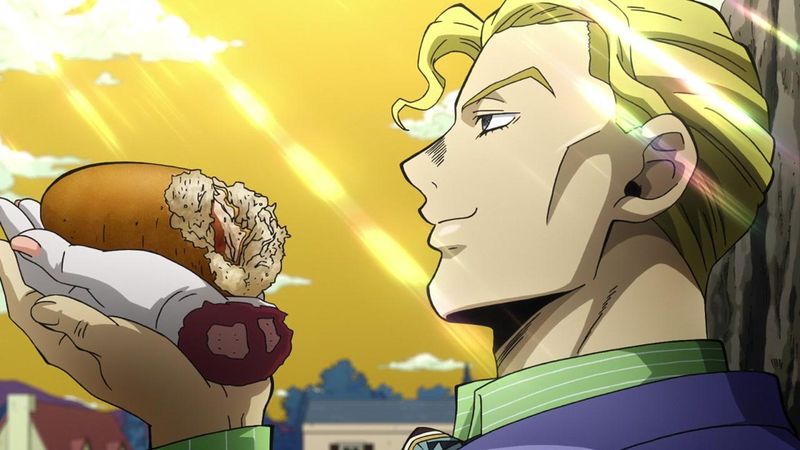
Kira wants nothing more than a quiet life. Unfortunately, he’s also a serial killer with a hand fetish who’s murdered dozens of women. His suburban normalcy makes him terrifying—he could be anyone’s neighbor, coworker, or friend.
Unlike grandiose villains seeking world domination, Kira just wants anonymity. His Stand ability erases evidence, letting him blend into society perfectly. The mundane nature of his desires contrasts horrifically with his violent compulsions.
What makes Kira fascinating is his everyman quality. He represents evil hiding in plain sight, reminding viewers that monsters don’t always look monstrous. Sometimes they’re disturbingly ordinary people living secret, terrible lives right next door.
13. Reinhard von Lohengramm — Legend of Galactic Heroes
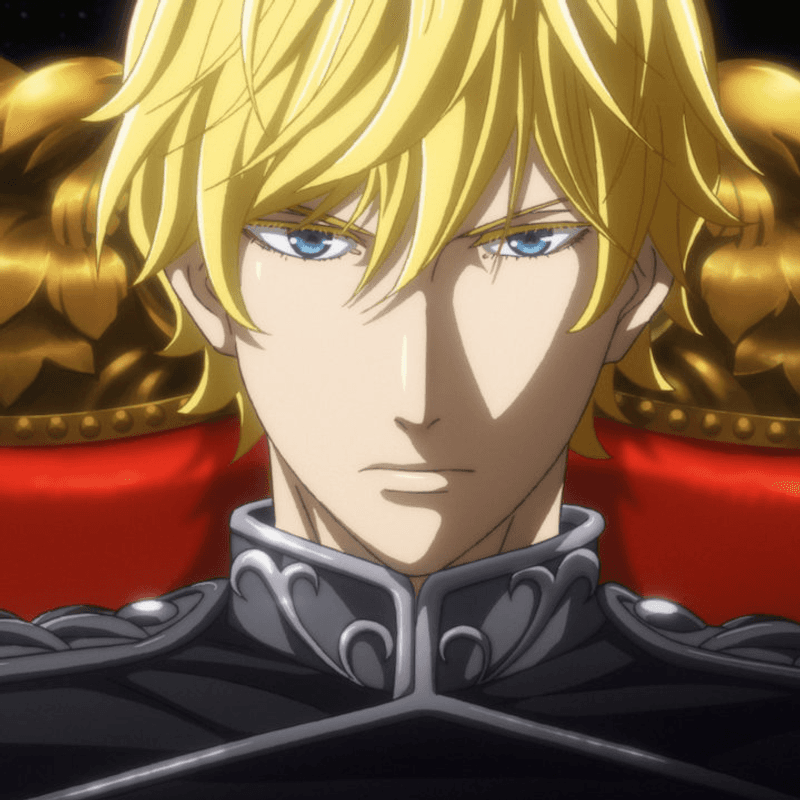
From the edges of nobility, Reinhard rises to imperial power with calculated strategy and battlefield brilliance. Though he seizes control of an empire, he remains guided by a personal code of fairness—resisting the corruption that swallows so many others.
He genuinely wants to reform a rotten system, eliminating corruption and creating meritocracy. But his methods involve war that kills millions. Reinhard struggles with whether his vision justifies the blood spilled achieving it.
His complexity lies in being simultaneously admirable and problematic. Reinhard represents the benevolent dictator paradox—someone capable of great good through terrible means. Watching him balance idealism with pragmatism creates constant moral tension throughout his journey.
14. Mima Kirigoe — Perfect Blue
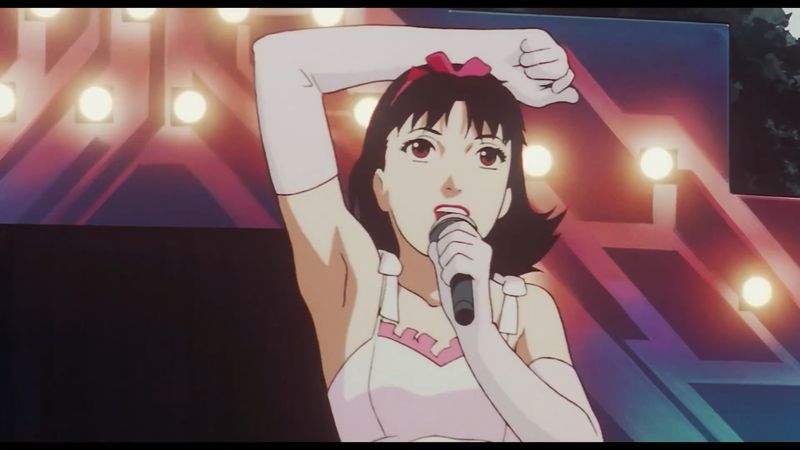
Mima transitions from pop idol to actress, hoping to be taken seriously as a performer. But the entertainment industry’s dark side quickly overwhelms her. Stalkers, exploitation, and blurring reality push her toward psychological breakdown.
She begins losing track of what’s real and what’s performance. Hallucinations of her former idol self haunt her, representing the identity she’s trying to escape. The pressure to maintain different personas for different audiences fractures her sense of self.
Mima’s complexity explores identity crisis in the digital age. Her struggle shows how public perception can destroy private reality. The film uses her deteriorating mental state to examine celebrity culture’s psychological cost on those trapped within it.
15. Thorfinn — Vinland Saga
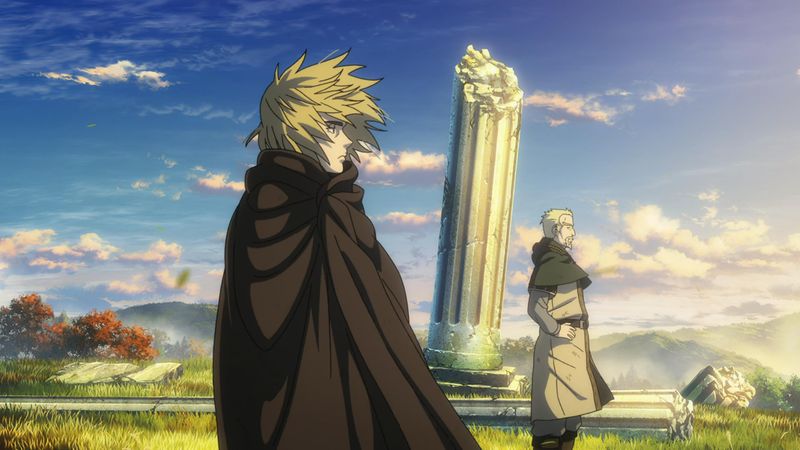
Raised in the shadow of his father’s murder, Thorfinn devotes his life to vengeance. He becomes a hardened killer, driven by rage—but when revenge is finally within reach, it brings only hollowness. The path he walked for years suddenly leads nowhere.
His transformation from bloodthirsty fighter to pacifist seeking atonement feels genuine. Thorfinn realizes he’s caused the same pain he suffered, making him no better than his father’s killer. Breaking the cycle of violence becomes his new purpose.
What makes Thorfinn complex is this complete philosophical reversal. Few characters undergo such fundamental change while remaining believable. His journey from hatred to understanding shows that people can choose different paths regardless of their past.

Comments
Loading…